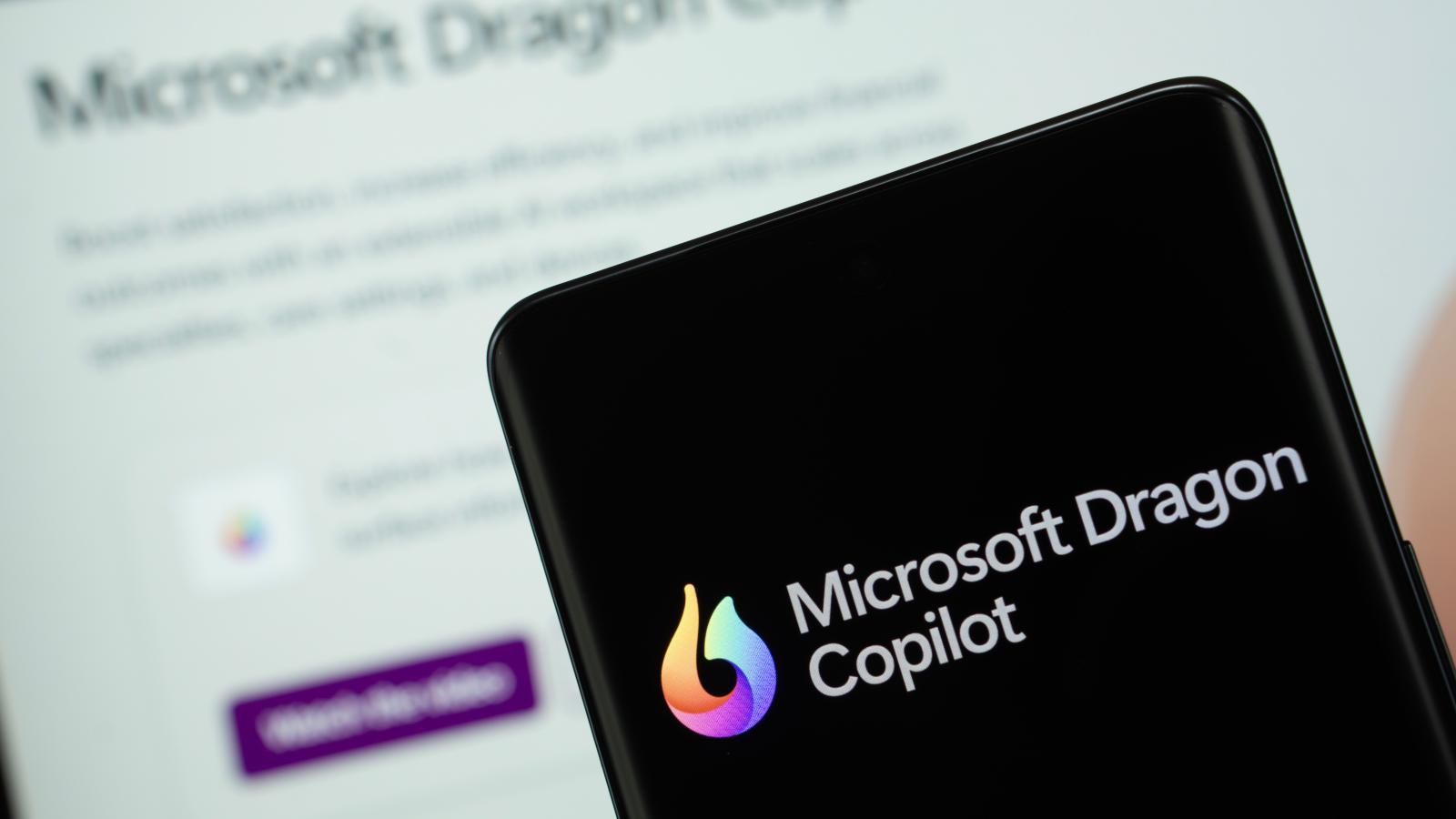
AI technology helps UK HealthCare doctors and patients reconnect
Instead of talking to your doctor while they sit behind a computer and document the conversation, imagine discussing your health concerns at your next medical appointment without the distraction of a screen.
That vision is now a reality for physicians, advanced practice providers (APPs), and their patients — thanks to Microsoft’s Dragon Copilot, an AI medical documentation tool.
Not only does Dragon Copilot assist with ever-increasing administrative workloads in healthcare, but the AI tool has also given doctors and APPs more time to have meaningful conversations with their patients without a computer in between.
The importance of medical notes
Chief Medical Information Officer Romil Chadha, M.D., a hospitalist and internal medicine professor at UK Healthcare, explained the historical significance of physicians’ notetaking, which dates back thousands of years.
"They're writing a note to their future self. To describe — what am I doing with each patient? What is going on today? Is there something I will need in the future?" Chadha said. "What do I have to follow up? Is there anything I should remember when I see them next time? Is it a rash, a tumor or an illness that should be getting better rather than a chronic illness? Is my management working? So largely, documentation was a part of notetaking for oneself."
With the introduction of insurance, regulations and compliance, notetaking changed as documentation became a required part of a patient’s medical care. Then came the implementation of the electronic health record (EHR).
"All these things led to the addition of administrative tasks for the physicians and APPs. Every stakeholder wanted a piece in the physician's note," Chadha said. "Then with the advent of EHR, some preexisting data started to get auto-populated, making the notes even more extensive."
What is Microsoft Dragon Copilot?
Microsoft Dragon Copilot is an AI ambient listening tool, integrated with our Epic EHR. The physicians and APPs use their secure Epic application on a mobile device that listens to the audio from the healthcare visit. The audio is then processed, and Dragon Copilot generates clinical documentation. After a patient’s visit, the doctor or APP reviews and finalizes the AI-enabled notes.
Bryan Rone, M.D., is an OBGYN faculty member and the assistant chief medical information officer - Ambulatory. He led UK Health Care’s pilot program that evaluated Dragon Copilot.
"I could just set my phone down on the table, sit there and have a normal conversation and feel comfortable that this product was capturing the information for my clinical documentation for me to review later and edit as needed," Rone said. "I really thought it did a superb job of capturing the patient narrative."
Improved efficiency and more meaningful health care experiences
By using Dragon Copilot, Chadha said doctor’s’ note-taking time decreased by eight percent, which gave doctors some of their time back.
Chadha said during the pilot program, medical appointments also increased.
"We can't say causality for sure, but for correlation, we saw that the number of appointments increased for these pilot users before and after starting this technology," he said.
During the pilot program, same-day note completion rates jumped from 30% to over 80%. Overall, the AI tool helps doctors and patients connect without being distracted by technology.
"In our recent patient survey, 94% of patients reported that it helped their provider focus more on their needs, and 92% indicated that they would like it to be used in future visits," Chadha said.
Rone said the survey data from patients was positive.
"So, objectively, we can measure many things. But honestly, if most of the physicians and APPs feel like the product enables them to finish their notes quicker and easier, while enabling more natural communication with patients, that's better than any objective data that I can get," Rone said.
Sign up for UK ITS news, alerts and tech tips. Follow UK ITS on social media and listen to episodes of our new podcast TechKnow.
